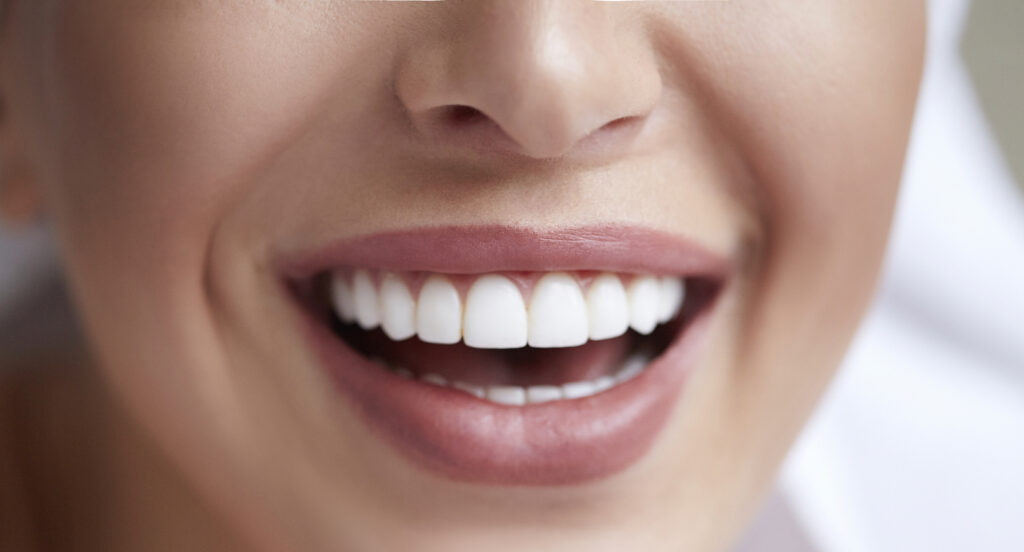Having a perfect smile can be a confidence boost and for those who do not have that desirable smile, there are many treatments available. Teeth bonding have become a common and popular dental procedure to improve the look of one’s teeth and enhance their smile.
While teeth bonding can be a beneficial and relatively quick procedure to correct a variety of cosmetic dental issue, it is important to be aware of the potential disadvantage of undergoing the dental procedure.
In the rest of this article, we will briefly discuss teeth bonding and explore the top 5 disadvantages of it. By understanding the downsides of teeth bonding, you’ll be better equipped to make an informed decision about whether it’s the right cosmetic dental treatment for you.
Teeth Bonding Explained
Teeth bonding, also known as dental bonding, is a popular cosmetic dental treatment designed to improve the general appearance of the teeth. The popularity of the procedure stems from the fact that it is relatively quick, painless, and affordable compared to other cosmetic dental treatments such as veneers or crowns; most teeth bonding treatment cost between $200 to $600 per tooth and can be completed in a single session with your dentist.
Here is an explanation of the teeth bonding process:
- Consultation: The first step is to consult with your dentist to discuss your concerns and determine if teeth bonding is the best treatment option for you. Your dentist will assess the condition of your teeth and may take X-rays to identify any underlying issues.
- Shade selection: Your dentist will carefully choose a shade of composite resin that closely matches the color of your natural teeth.
- Tooth preparation: The surface of the tooth or teeth that will be bonded is prepared by lightly etching it with a gel or solution to create a rough texture. This helps the bonding material adhere to the tooth. The tooth is then rinsed and dried.
- Application of bonding material: The composite resin, which has a putty-like consistency, is applied to the tooth’s surface. Your dentist will mold and shape the resin to into its desired shape to match the rest of the teeth, giving it a natural look.
- Curing: A special curing light is used to harden the bonding material, typically in layers. The light activates a chemical reaction in the composite resin, causing it to solidify and bond securely to the tooth.
- Buffering & Polishing: After the bonding material is fully cured, your dentist will further shape and polish it to match the surrounding teeth and ensure a smooth, natural-looking finish.
The result is a tooth that looks aesthetically beautiful and can last for up to a decade with proper care.
Teeth bonding generally requires minimal recovery time. However, patients may experience some sensitivity during the first 24 to 48 hours after the procedure. It is essential to maintain proper oral hygiene and avoid habits that could damage or stain the bonding material, such as biting on hard objects or consuming excessive amounts of staining beverages.
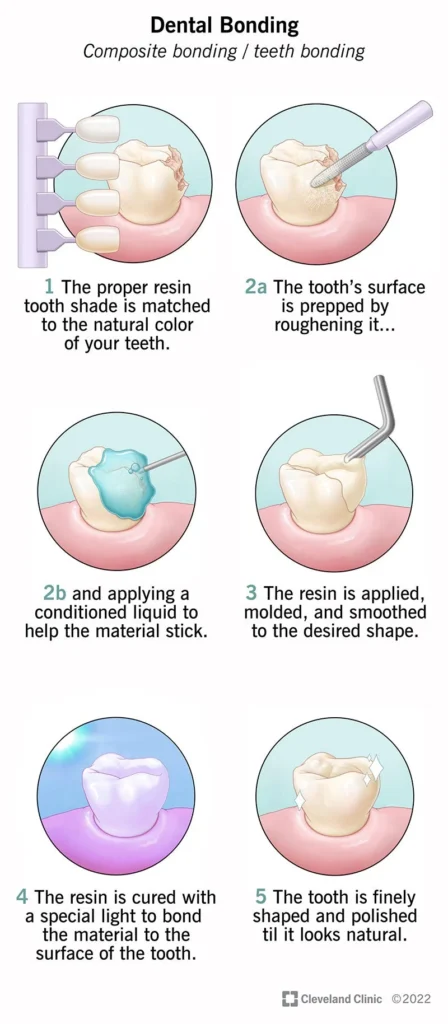
Teeth bonding can be used to address a wide range of cosmetic dental issues. Some of the common dental issues that can be treated with teeth bonding include:
- Repairing of a chipped or cracked tooth
- Improving the appearance of a discolored or stained tooth
- Altering the shape and size of a tooth
- Closing the gaps between the teeth
- Protect the root of a tooth that is exposed due to gum recession.
You may be interested in: Teeth Bonding Before and After Pictures and Differences
As seen, teeth bonding is a versatile treatment option for those who are looking to enhance the overall appearance of their smile and protect their teeth from further dental erosion. It is also a much more affordable option than other alternatives such as dental crowns or porcelain veneers. More importantly, it is less invasive, making it a preferred option among those who dislike visits to the dentist.
10 Disadvantages of Teeth Bonding to Know
While teeth bonding is a popular and effective way to address a variety of dental concerns, there are several disadvantages that you must consider before undergoing the treatment. Here are a few disadvantages that you need to know:
- Can Be Stained: Composite resin stains more easily than porcelain veneers as it is more porous. As such, certain habits such as smoking or frequent drinking of coffee or tea can cause the composite resin to be stained. It is important that people with teeth bonding brush their teeth regularly and undergo regularly dental checkup.
- Cannot Be Whitened: Due to the nature of resin, teeth bonding will not respond to any whitening treatment. Most dentist recommend their patients to first undergo teeth whitening treatment before the application of teeth bonding. The color of the resin material will then be matched to the whitened teeth.
- May Not Be Aesthetically Pleasing: The aesthetic appearance of the teeth bonding highly depends on the skill set and experience of the dentist. Any dentist can easily apply composite resin onto a tooth but it requires artistic acumen and years of experience to sculpt and create a pleasing teeth bonding. You may end up spending more money if the new teeth bonding needs to be replaced due to poor application or appearance.
- Limited applications: Teeth bonding is an effective solution for minor cosmetic concerns, but it may not be suitable for more severe dental issues. It cannot be used to correct significant bite problems or as a long-term solution for severely damaged teeth.
- Sensitivity: Some patients may experience tooth sensitivity after the bonding procedure due to the etching process. This sensitivity usually subsides over time but can be uncomfortable for some individuals.
- Brittle And Easily Damaged: As compared to other cosmetic material, composite resin can break or chip under pressure. As such, it is important to take a conscious effort to avoid grinding or chewing hard food as it can cause the teeth bonding to crack, chip, or detach from the teeth. If you are taking part in activities that involve physical contact such as rugby, always wear a sports mouthguard to protect your teeth bonding from trauma.
- Regular Maintenance: Due to it being more brittle, teeth bonding requires regular dental check-ups and maintenance to ensure its longevity. This may include polishing, repairs, or replacement of the bonding material as needed.
- Relatively Short Lifespan: Teeth bonding do not last as long as other cosmetic treatments like veneers or crowns. Typically, composite resin last anywhere between 4 and 10 years before it needs to be maintained or replaced. In contrast, the average life span of dental crowns and porcelain veneers is around 15 years with proper care.
- Additional Cost: While the upfront cost of teeth bonding is generally more affordable than other cosmetic dental treatments, the need for maintenance, repairs, or replacement can add to the overall cost over time. This can potentially make teeth bonding a more expensive treatment option over other cosmetic procedures over the longer term.
- Does Not Cover Entire Tooth: Teeth bonding is only meant to cover and protect a portion of the tooth. In contrast, dental crown covers the entire tooth, providing all-round protection; it is preferred over teeth bonding when the tooth suffers from a major chip or is significantly decayed, and requires significant repair and protection.
Due to the limitations of teeth bonding, most dentist recommend the dental procedure only for treatments that require a temporary, minor cosmetic change, or to correct low bite pressure. In most other cases, dental crowns and porcelain veneers are preferred due to its strength, longevity, as well as overall aesthetic appearance.
Alternatives to Teeth Bonding
Apart from teeth bonding, there are several other cosmetic and restorative dental procedures that you can undergo to address your concerns. The best option for you will depend on your specific dental issues, desired results, and budget.
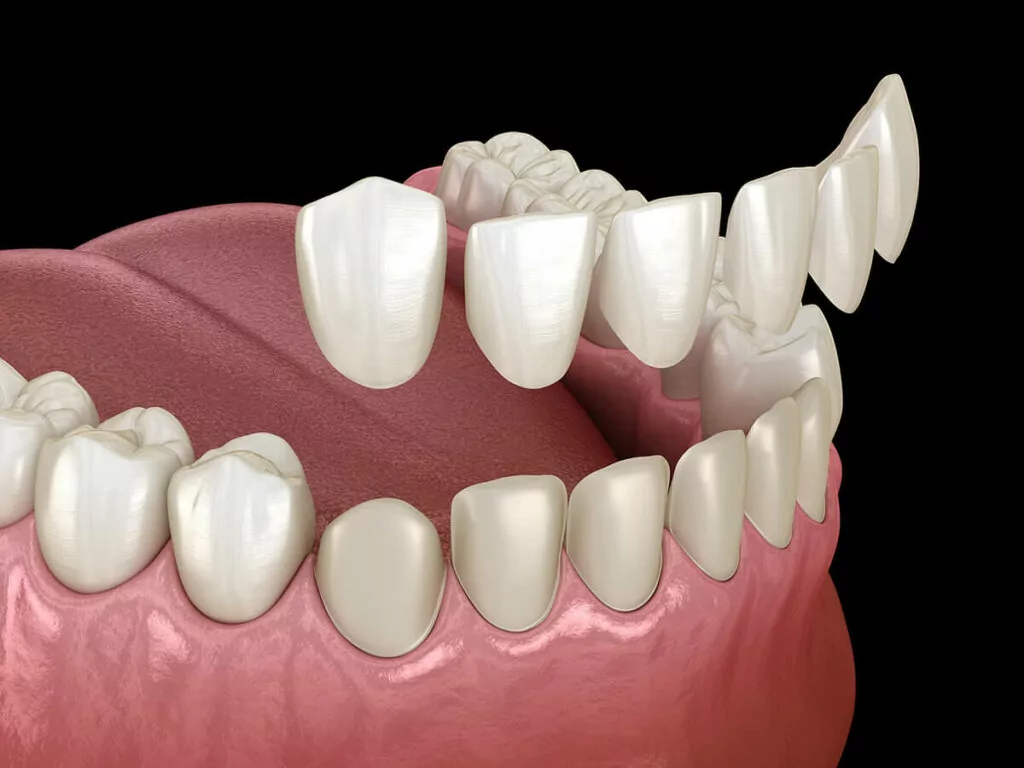
Dental Veneers: Veneers are thin shells of porcelain or composite material that are custom-made to fit over the front surface of a tooth. They can effectively address a range of cosmetic concerns, including discoloration, chipping, gaps, or misshapen teeth. Veneers are more durable and stain-resistant than bonding but tend to be more expensive and require more tooth preparation. Dental veneers are often compared to.dental bonding due to their similarities in the restoration of the cosmetic of a tooth, however, there are several differences you must be aware of.
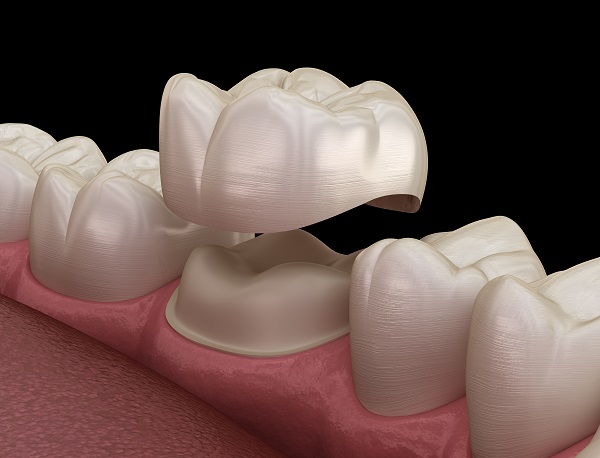
Dental Crowns: A crown is a tooth-shaped cap that covers the entire visible portion of a tooth. Crowns are used to restore the shape, size, strength, and appearance of damaged teeth. They are a more suitable option for teeth with significant decay, fractures, or other structural issues. Crowns can be made from various materials, including porcelain, porcelain-fused-to-metal, or metal. They tend to be more expensive and involve more tooth reduction than bonding or veneers.
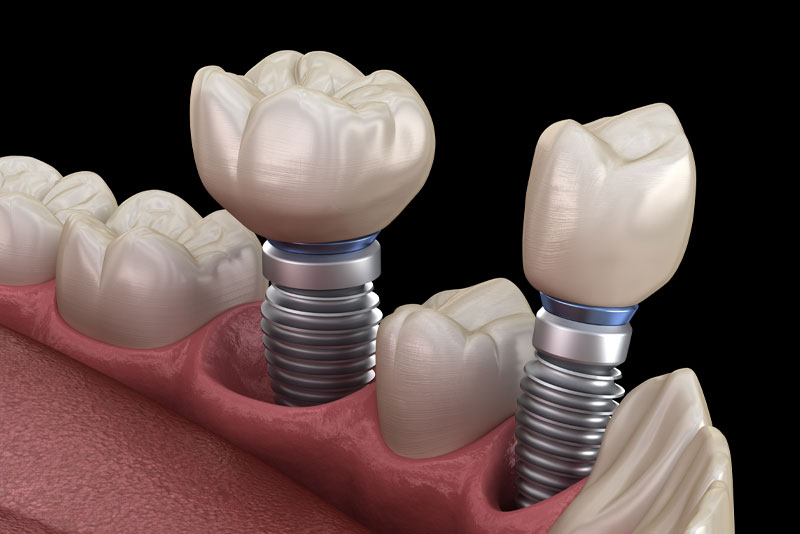
Dental Implants: If you have one or more missing teeth, dental implants may be an alternative to consider. An implant consists of a titanium post that is surgically placed into the jawbone, a connecting abutment, and a dental crown, bridge, or denture to replace the missing tooth or teeth. Implants offer a more permanent solution than bonding but are more invasive and expensive.
Takeaway
In conclusion, teeth bonding can be a great solution for those who want to improve the aesthetics of their teeth. It’s relatively quick, painless and affordable, making it a popular option among patients.
However, it is important to consider the potential disadvantages associated with this procedure before taking the plunge. The composite resin used is not durable and may require occasional maintenance. Furthermore, the material cannot be whitened and is less durable as compared to the more costly options like dental crowns or porcelain veneers. Last but not least, bonding material can be chipped or broken off the tooth if not taken care of.
Despite these limitations, teeth bonding remains a popular and effective treatment option for many patients. Ultimately, the decision to undergo teeth bonding is a personal one that should be made in consultation with your dentist as they will be able to determine if the treatment is the right option based on your individual needs and circumstances.

